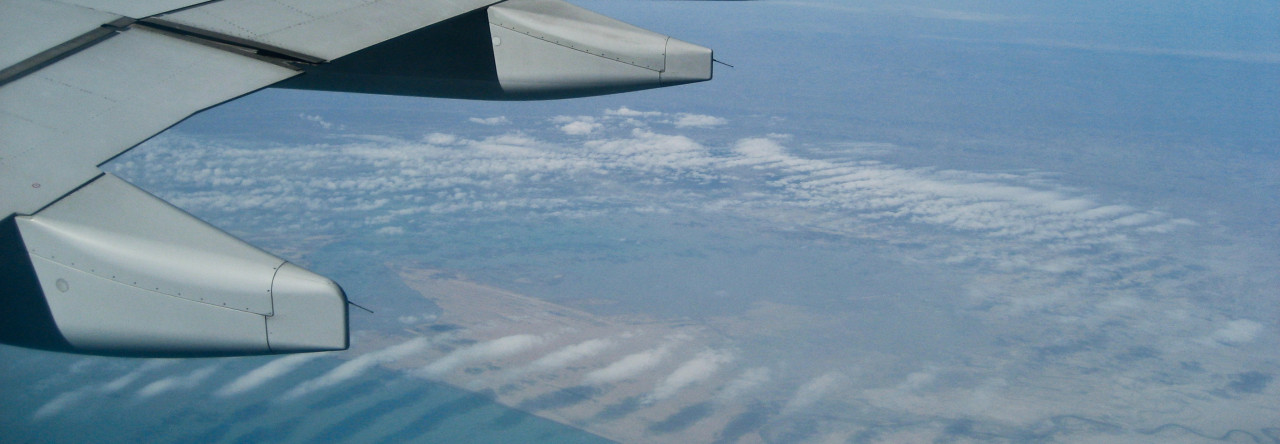I’m in the habit of collecting examples of government attempts to control content on the Internet. Places like China or UAE provide easy pickings. There are plenty of examples from other places, but they’re usually couched in terms of voluntary filtering for “obscenity” – Australia’s latest proposal comes to mind. But this is something I didn’t expect to see:
Steve Marshall is an English travel agent. He lives in Spain, and he sells trips to Europeans who want to go to sunny places, including Cuba. In October, about 80 of his Web sites stopped working, thanks to the United States government.
The sites, in English, French and Spanish, had been online since 1998. Some, like www.cuba-hemingway.com, were literary. Others, like www.cuba-havanacity.com, discussed Cuban history and culture. Still others — www.ciaocuba.com and www.bonjourcuba.com — were purely commercial sites aimed at Italian and French tourists.
[ . . . ]
It turned out, though, that Mr. Marshall’s Web sites had been put on a Treasury Department blacklist and, as a consequence, his American domain name registrar, eNom Inc., had disabled them. Mr. Marshall said eNom told him it did so after a call from the Treasury Department; the company, based in Bellevue, Wash., says it learned that the sites were on the blacklist through a blog.
So, advice to everyone on the planet: make sure what you’re talking about on the Internet doesn’t bother the U.S. Treasury Department, lest they try and shut you down.

Walter Lippmann
Cuba and the United States are not and cannot be equal. Cuba’s government certainly does limit democratic rights. But in a situation like David and Goliath, Cuba does what it feels it must to defend itself. Look at Iraq today and you can see what Cuba would look like if it were “liberated†by Washington.
In Guantanamo, the world can see what legal system Washington would impose on the rest of Cuba if only it could. In Guantanamo, which is United States occupied territory, prisoners are held without trial for years, and are told they could be held indefinitely even if not found guilty there. In this context, Cuba’s defensive measures should surprise no one.
My father and his parents lived in Cuba from 1939 to 1942. They were German Jewish refugees from Nazi Germany, and not political left-wingers. That family history is where my own interest in Cuba comes from. My dad met my mom in the United States and that’s how I came into this world.
Cuban society today represents an effort to build an alternative to the way life was under the dictatorship of Fulgencio Batista, who ran Cuba before Fidel Castro led a revolution there. No one complained about a lack of human rights and democracy in those days, but U.S. businesses were protected.
Some things work, some don’t. Like any society, Cuba its flaws and contradictions, as well as having solid achievements. No society is perfect. But we can certainly learn a few things from Cuba’s experience. I think we can learn more than a few. If we want to bring freedom to Cuba, the best thing we can do is practice what we preach.
We should all be free to visit Cuba. We can visit China and Vietnam, even North Korea, Syria and Iran, why can’t we visit Cuba and see it for ourselves? Cuba is our neighbor and we should simply normalized relations with the island.
Scott Nolan
Actually the message is much simpler than that, don’t use U.S. registration services… give your money to non-US registrants and the Americans can’t mess with your business…
Of course that’s bad for US domain registrars… but that’s the price we pay for living in a theocracy… oh wait, we don’t yet… or do we?
MB
Dead on, Scott. What’s particularly impressive about this is that the domains haven’t just been turned off, but unglued from the DNS system – this guy can’t simply move to another registrar.
~
I’d quibble with some of what you wrote, Walter, but on this we are absolutely in agreement.